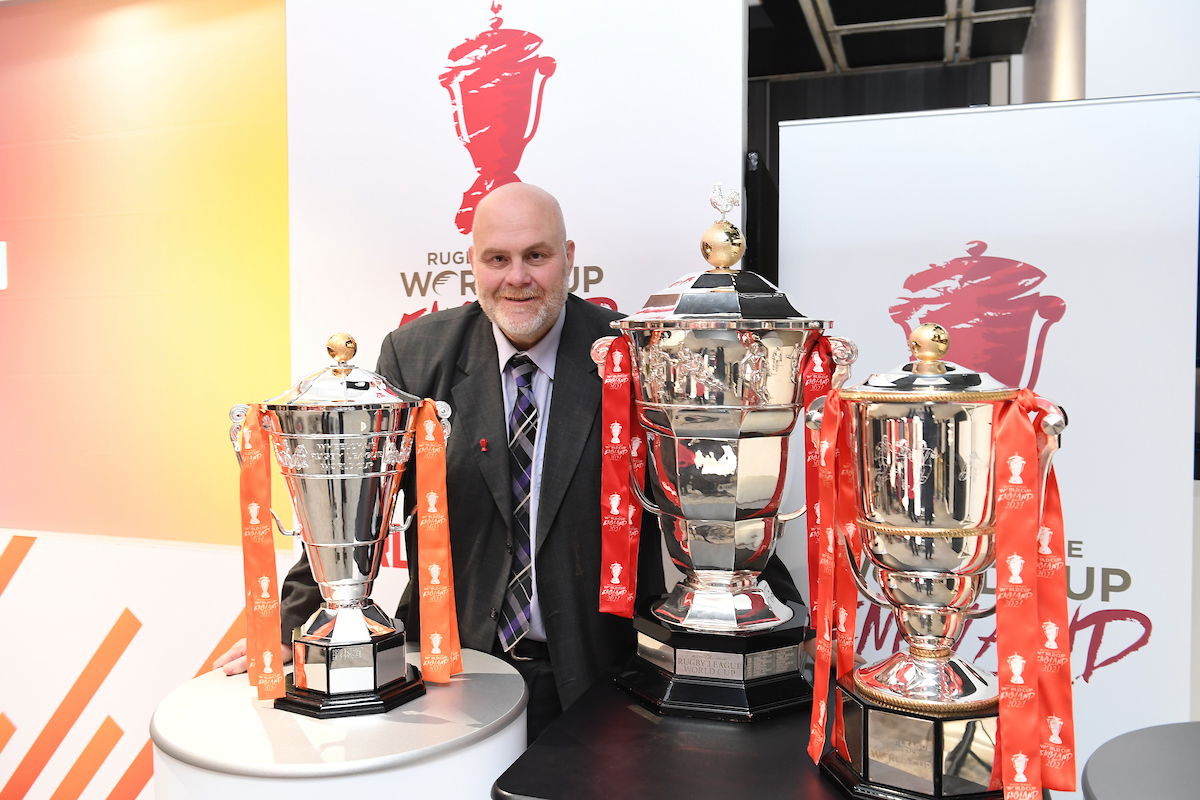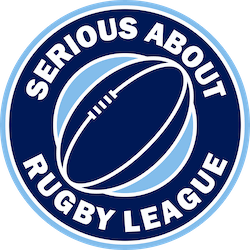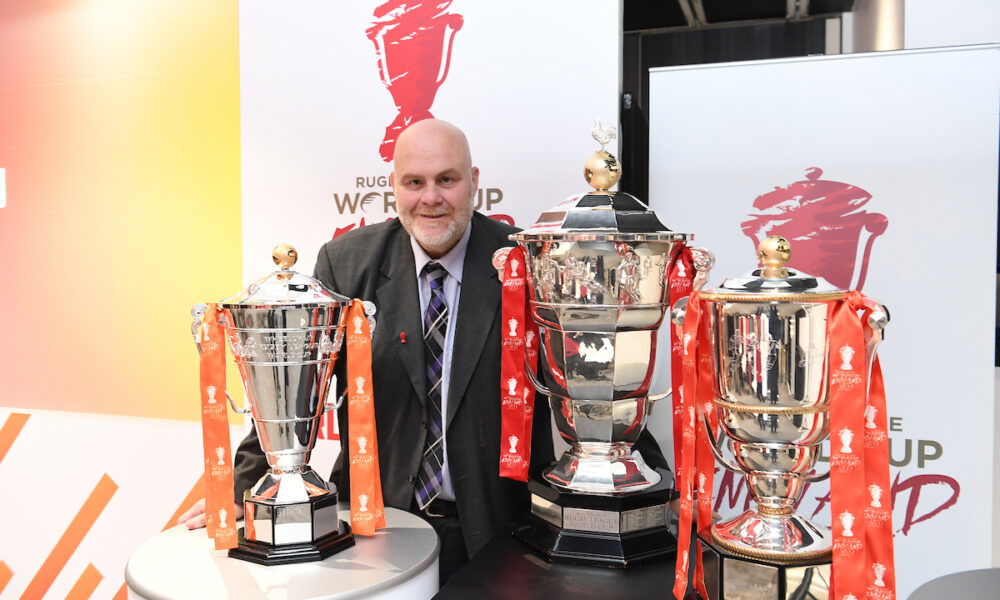
If there’s one figure that divides fans in the game, it’s Nigel Wood, as the new RL Commercial figure is a recognisable face across Super League and rugby league in the country.
However, with his return to the fold comes plenty of questions about what exactly his job is, the direction of rugby league in this country, and whether he wants an expanded Super League or not.
Wood was a guest on Sky Sports’ The Bench podcast, and we’ve highlighted five of the main takeaways from the interview as talking points.
The five key takeaways from Nigel Wood on Super League expansion, NRL takeover, and what his job actually is
What exactly is his role, and why was he brought in?
Wood admitted that the ball started rolling at the end of the 2024 season, with a couple of clubs wanting a change in leadership at the governing body.
Whilst Wood refused to name those clubs, he admitted that he was approached, rather than the other way around, and he offered his assistance.
He believes that his background in the sport, in which he thinks made significant progress under him, was the main reason for certain club owners wanting his return.
He highlighted the creation of Magic Weekend, as well as the restoration of the Ashes and a host of international rugby league events.
From then, he was brought in for yet another Strategic Review, to which he said: “The purpose of what we’ve been asked to do is to look at a kind of top to bottom and a root and branch assessment of where the sport is in 2025 and what the challenges are and what we need to do to make it the best possible competition it can be and also to make it the most investable proposition it can be.
“There is an appetite for private investment to come into the sport, there’s an appetite from the owners to say that there’s probably a better way of doing this, and they want to make sure that whatever they take to market is the best possible version of itself it can be.”
Why he thinks the sport is struggling and what he can do to fix that
He’s looking at the sport from a business sense, noting just how much the sport is losing right now across the board, and what he thinks the sport needs to focus on the most to get back to its very best.
He said: “The reality is income fell by £20 million and costs have increased by £20 million, and I’m not sure what measures the sport took to actually alleviate those pressures other than to send the problems downstream to club owners who ended up picking up the tab.
“If you were to ask me why the clubs took the action they did, I think that would be the single biggest reason.”
As for the growth of the game? “The panacea to develop rugby league is actually international, that’s the area that we probably have the biggest gain to be had, because however many people want to watch Wigan v Saints or Hull v Hull KR, that’s nothing as compared to the people who want to watch England v Australia, Great Britain v Australia or Great Britain v New Zealand.
“I think the biggest wins available to us would be internationally, but still, I think the reality is there has been a swing financially in the sport over the last five or six years, and what club owners are saying is we need to do something about that.”
How many teams does he think should be in Super League, and how would a potential expansion be funded?
Whilst he didn’t explicitly give a number, he talked a lot about expansion, leading us to believe that his recommendation is for there to be 14 Super League clubs, including whether he thinks there’s a future for the French teams.
However, if it comes at a cost to the other clubs, it’s unlikely to happen, which is why it’s his job to find a way to afford it.
He said: “We’ve explored the options of 10, 12, and 14, and we will be presenting our recommendations to the clubs. I think when you’re in business, you’re either contracting or you’re growing, and I know which side of the equation that is better.
“I think that at the moment everybody’s unanimous that they don’t want loop fixtures because it’s a contaminant on the integrity of the competition, so I think there should be we should be following and pursuing an expansion strategy but that doesn’t mean to say that it should be done recklessly or putting at jeopardy the risk of the competition.”
What does that mean for a deal with the NRL?
Whilst he wouldn’t go into too many details, Wood did say that he’s been in contact with the NRL and believes that collaboration with them would be ‘the best way forward’.
In terms of a possible takeover, he added: “There can be speculation, but it doesn’t mean to say that I can just discuss anything. I’d be for anything that involves closer working relationships.
“I think at the end of the day, if we truly want to unlock the potential of the sport, and most people do, then there has to be strong collaboration by those parts of the globe where it’s played, it excels.
“We had a Covid epidemic that has set the world backwards, and different people and different people have changed key roles, but I’m not unoptimistic about where we can go.”
What’s the timescale on all of the new developments for Super League?
“By the end of the season, that’s when it will be finished”, he said, but stressed that it is a longer-term project than that, potentially up to five years.
Rugby league fans know that most changes cannot be made overnight; it’s just about seeing progress and seeing a figurehead actually visibly leading the sport.
He finished: “As far as I’m personally involved, there’s definitely an endpoint, but there are certain things that need to be done for next season.
“It won’t just finish next season, there’s a new broadcast deal, a relationship they’ll have to be negotiated from 2027 onwards. That will have an impact on what happens, so it is an ongoing management of the sport.
“Please don’t think that it’s just going to be a report written and that it’s going to be shared and everyone’s going to say well done.
“In five years’ time, if we’ve got more people watching, more revenue, more people playing, and we’re more successful internationally, then that’ll be a pretty good barometer of success.”


